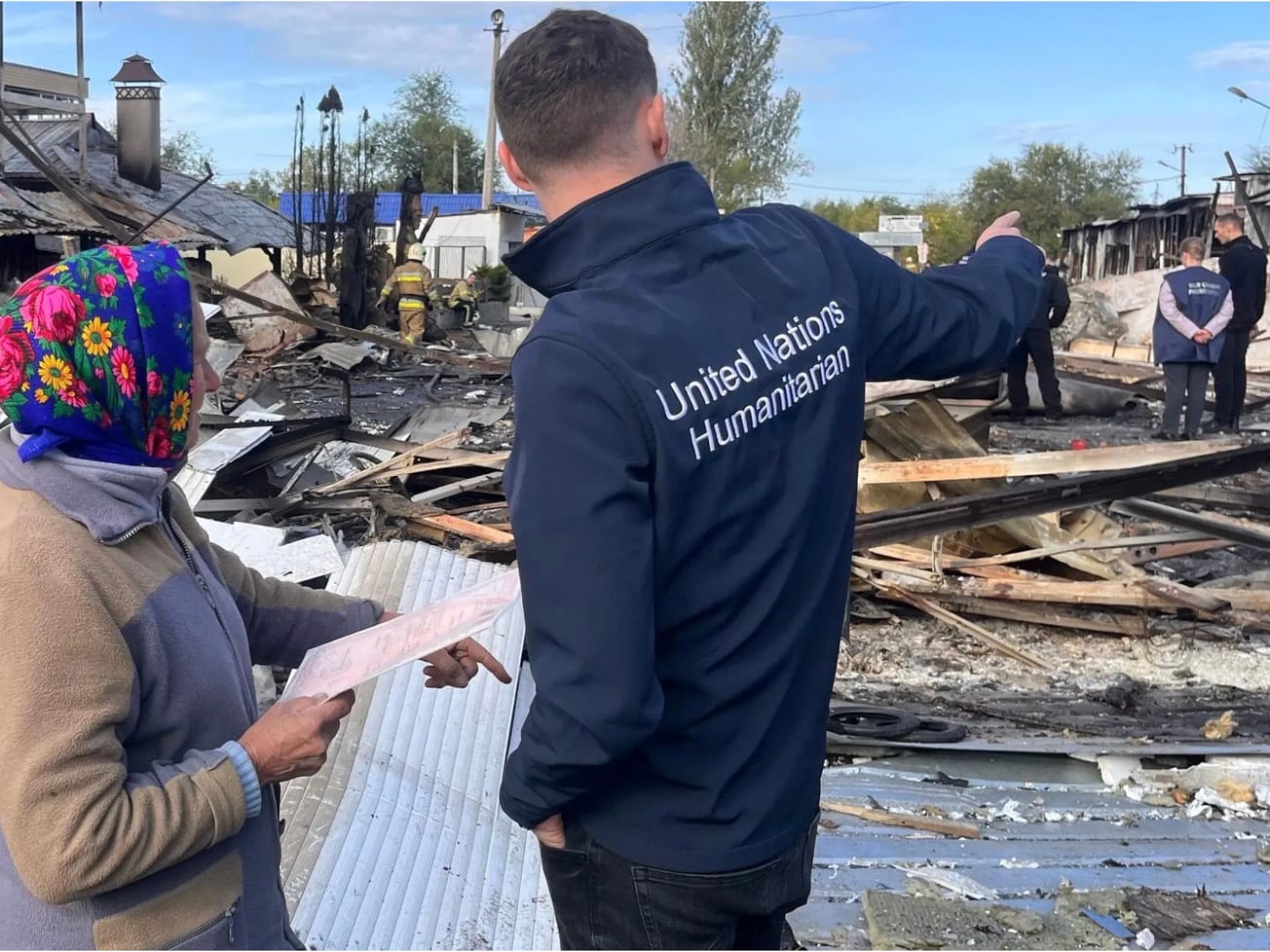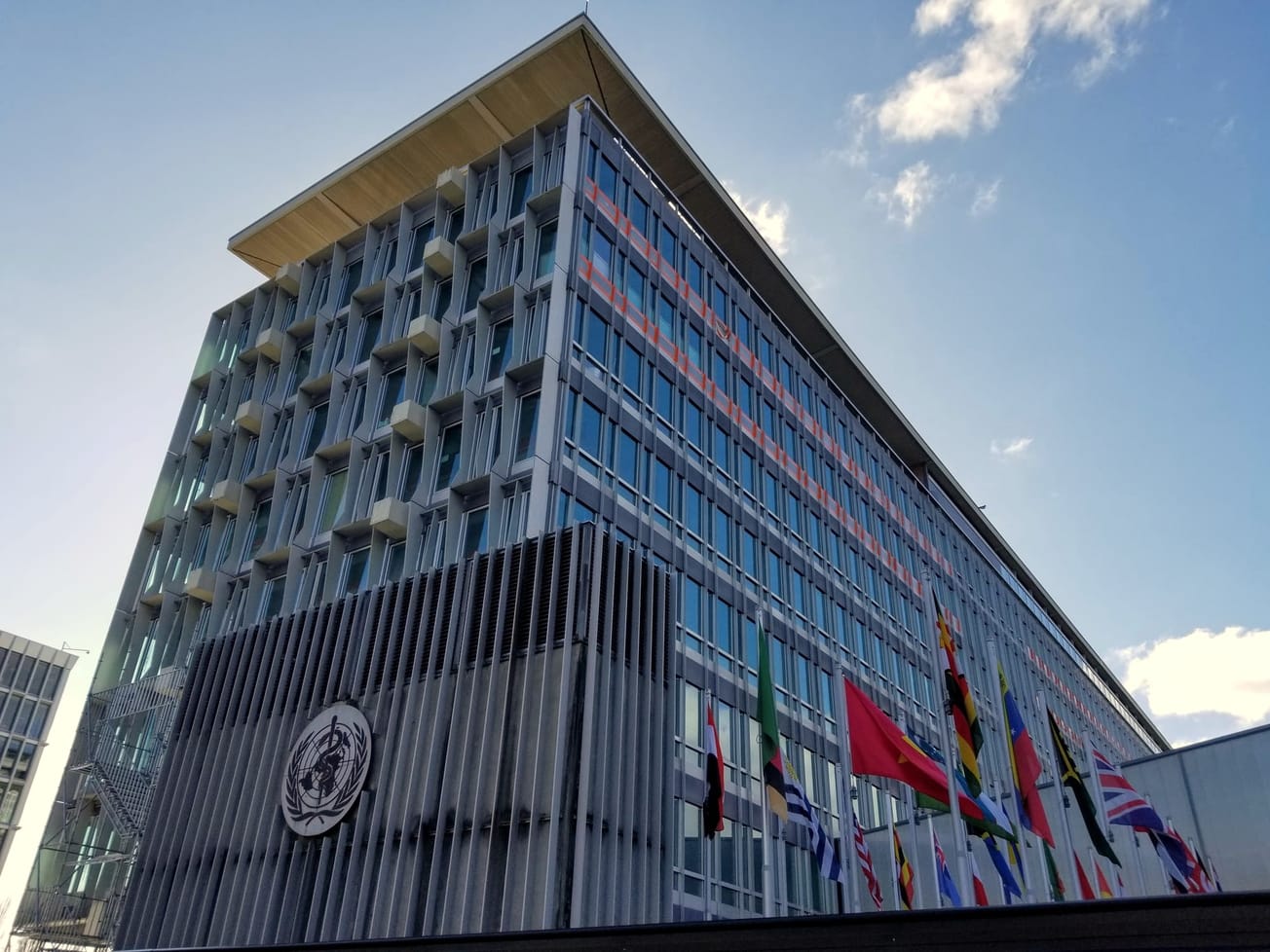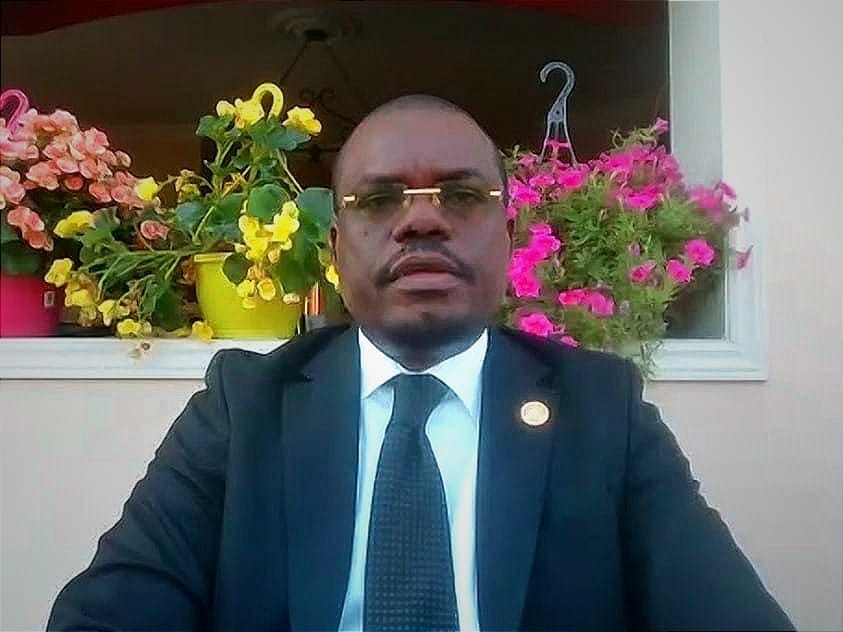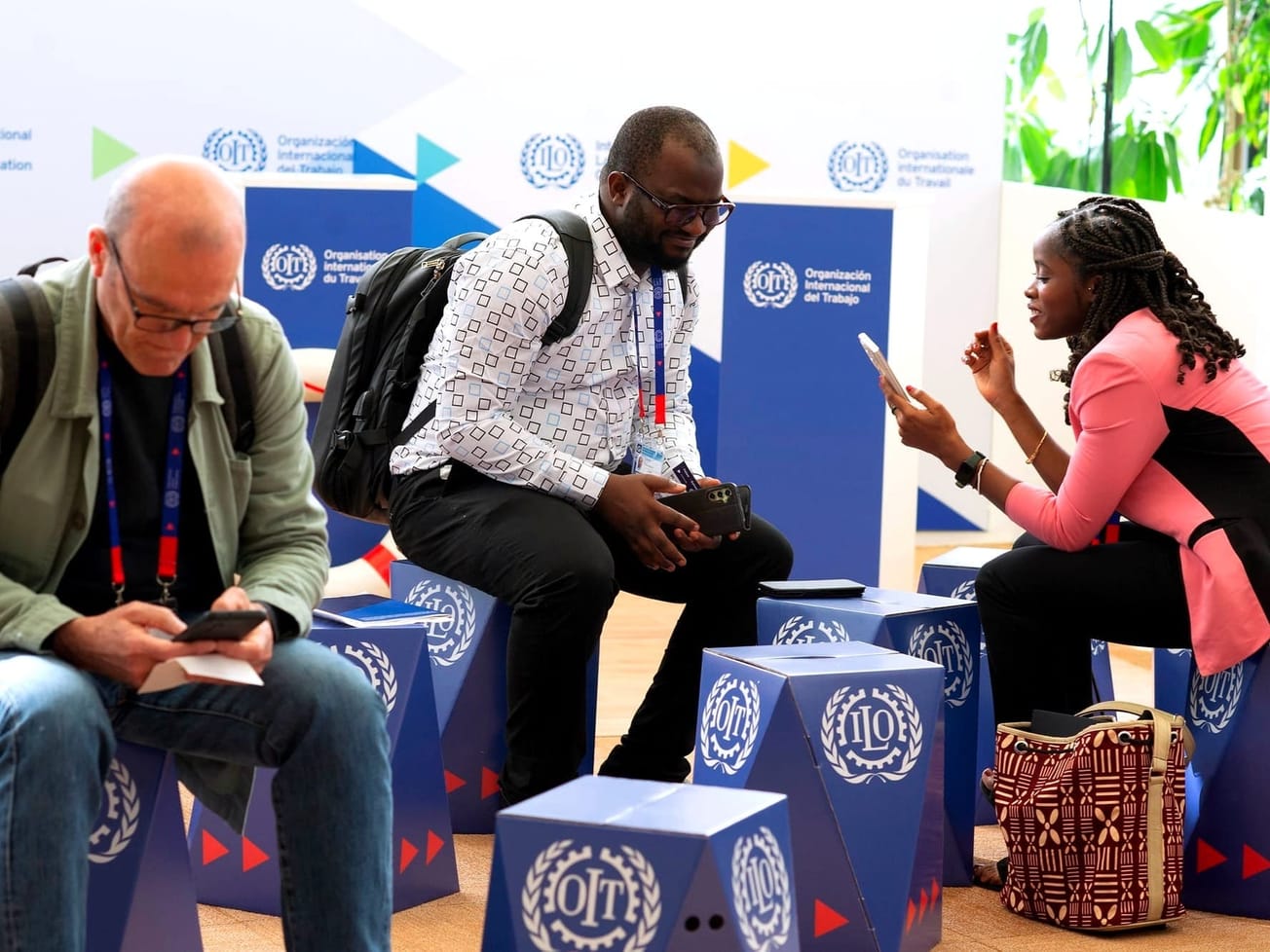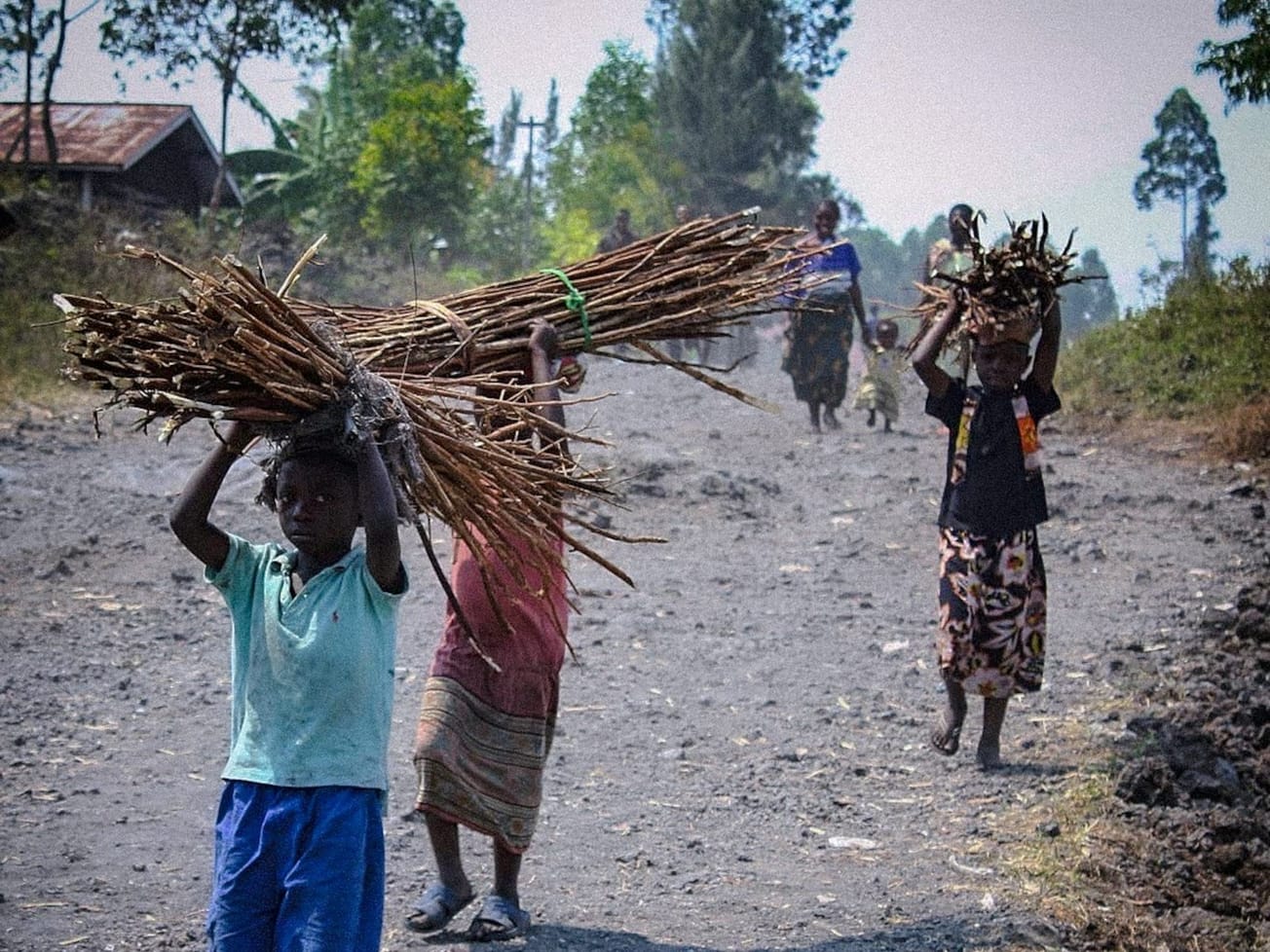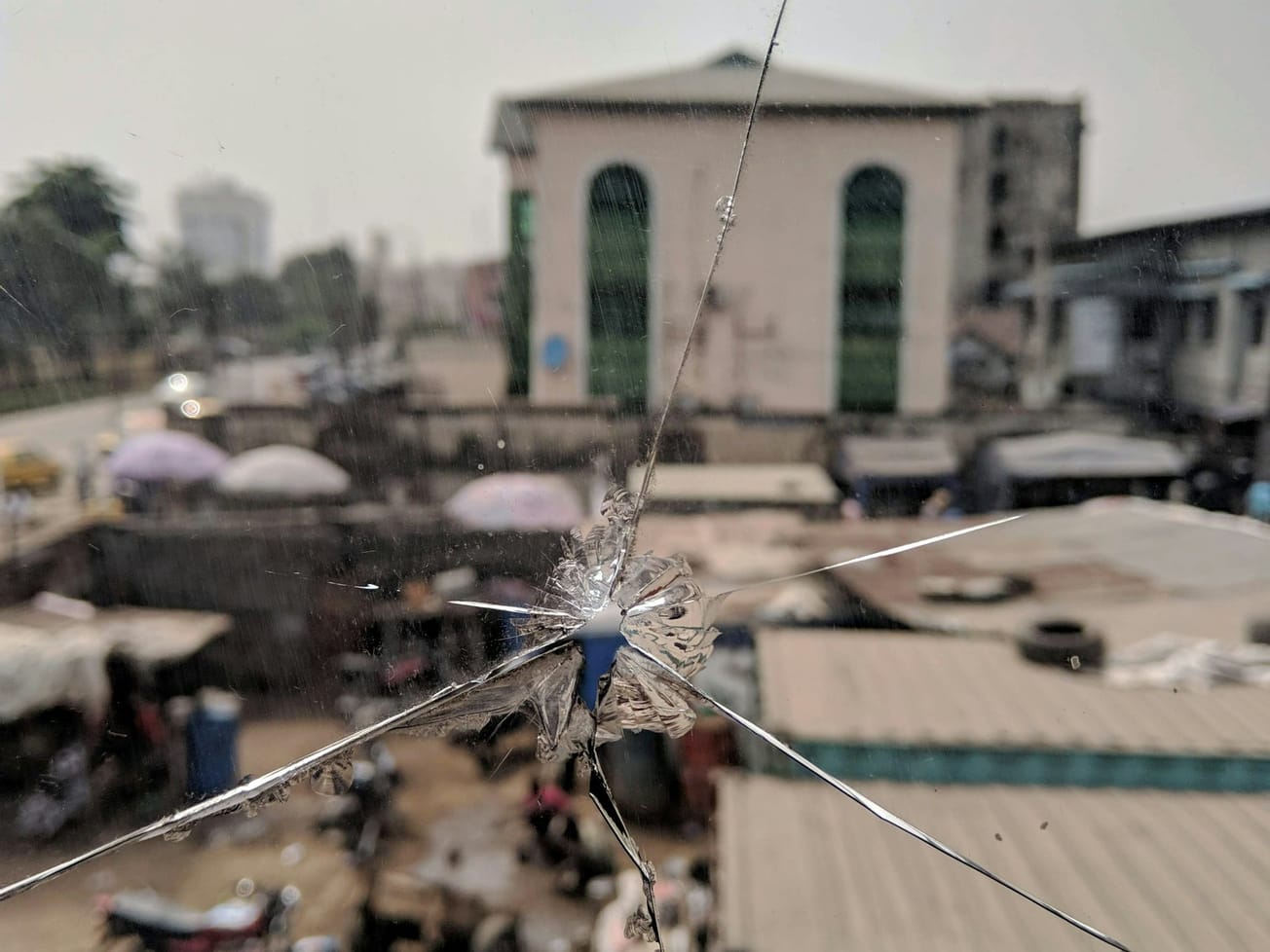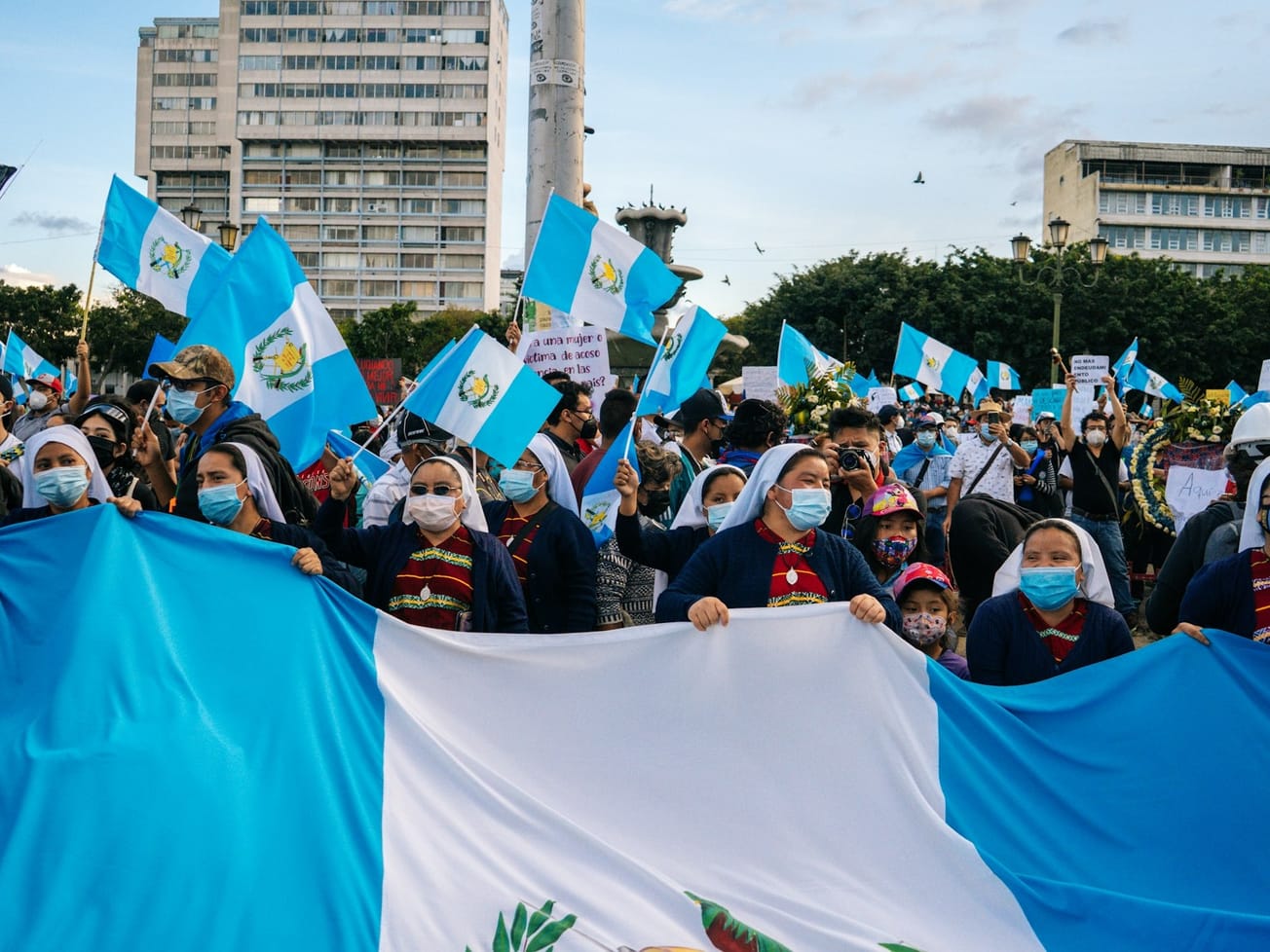
Trump-mandated funding cuts threaten HIV/AIDS work worldwide
Health officials say millions of lives are at risk as the U.S. withdraws funding from treatment and prevention programs.
Already have an account? Log in
Health officials say millions of lives are at risk as the U.S. withdraws funding from treatment and prevention programs.
Trump's speech to Davos contrasted sharply with other leaders' creation of a Global Energy Transition Forum.
The U.N. says the war in Gaza is the single-biggest factor in the deaths of 281 humanitarian aid workers this year.
The U.N. weather agency calls for urgent action to protect water supplies, the ‘canary in the coalmine of climate change.'
More than a third of the funds will support aid efforts for people in Yemen ($20 million) and Ethiopia ($15 million).
The U.N. health agency's $135 million mpox plan covers mainly 'international support to national mpox responses.'
Alarmed at the spread of a new variant, the U.N. health agency's move follows an previous one that ended last year.
WHO will convene an emergency panel to determine if the mpox outbreak in Africa is a global public health emergency.
The four international treaties, which form the rules of war, have been ratified or acceded to by virtually all nations.
Worker protections against effects of climate change and biological hazards are on the labor conference's agenda.
The number of people facing high levels of acute food insecurity has increased every year since 2019.
WHO warns disease and hunger are at alarming levels in the Congo, where almost 10 million people are on the move.
The U.N. chief said groups such as Islamic State, al-Qaida and others have quickly made Africa a major threat to peace.
The election adds only the sixth female judge and denies Russia a seat for the first time in the court's 77-year history.
A new report's evidence of threats and retaliation extends to 12 of the U.N. Human Rights Council's 47 member nations.
African leaders say they have a market-based plan to fight warming that will spread development on the continent.

